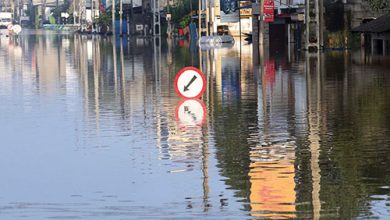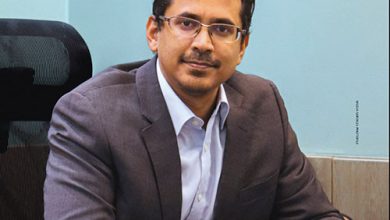YOUTH FORUM

Compiled by Nicola Jayasundera
ACT TO ADDRESS CHALLENGES
Gishanka Perera urges expeditious action to overcome common challenges
Q: What’s the good, the bad and the ugly in Sri Lanka today?
A: There are countless aspects of Sri Lanka that make it beautiful – while its environment, cuisine and people make the country special. However, the economic crisis and corrupt governance are causing hardships for the people.
Q: And what are some of the other challenges facing our nation today?
A: The main challenge is to settle our debts. If our debt can be restructured and loan repayments made sustainable, Sri Lanka will be able to restart development and reduce inflation.
Due to the foreign exchange crisis, Sri Lanka is unable to import many essential goods and this is causing distress among the general public. However, the situation has been improving slowly over the past few months.
Q: Do you believe that Sri Lankans will be united one day – and if so, how and why?
A: Sri Lankans have the potential to unite for a common cause as was seen last year when the former president and prime minister were compelled to resign.
But Sri Lankans must continue to be united, work together and respect each other. People must unite to fight against discrimination, bias and corruption.
Q: Where do you see yourself in 10 years’ time?
A: In 10 years from now, I expect to be employed. I see myself living overseas; but I’m not sure what I will be doing. However, I hope to be fully independent and not afraid of the real world.
Q: And where do you see Sri Lanka in a decade or so from today?
A: I think we are all hoping for a better future and a more developed country by that time. Major improvements would include more space for employment in the secondary sector, a larger number of electric vehicles, better access to the internet for all and so on.
Sri Lanka will undoubtedly change over the years. Due to the economic crisis however, progress towards an anticipated future may be delayed. Nevertheless, we will see noticeable changes in a decade or so – if the future doesn’t produce any more crises that impact our nation or the world more than they have done in recent years.
Q: Who is responsible for climate change and global warming – and what must be done about these issues?
A: Pointing fingers and accusing people of causing climate change is not an effective way of solving the problem – because we are all responsible for global warming.
This question remains… What is the most effective method of reducing global warming and mitigating climate change?
We can all help to reduce energy wastage one step at a time – for example, by switching off lights when we leave a room, using bicycles to commute or even walking to places that aren’t far away. These are some of the ways in which we as individuals can help reduce fossil fuel usage and the emission of toxic gases.
Many Sri Lankans began cycling to work because of the recent fuel crisis and even today, I see cyclists on my way to school. This is good because the reduction of emissions as a result of cycling rather than driving is beneficial.
In addition, cycling benefits health and wellness too. I hope Sri Lankans will continue to cycle even when fuel is readily available.
Q: How do you view the growing importance of social media today?
A: When used responsibly, social media is an excellent tool to access information and gain knowledge. But it can also be addictive.
Social media allows me to catch up on the latest news and stay in touch with friends.
Q: And finally, where do you see the world in 10 years’ time?
A: I believe that the world will be highly advanced by that time and science would have found cures for diseases such as cancer. Perhaps technology would be so advanced that the need for physical schools will be non-existent – and education will be conducted virtually.
On the flip side, if climate change isn’t addressed urgently, damaging environmental issues could ravage the Earth. Our future holds good things – but only if we act against common challenges.







